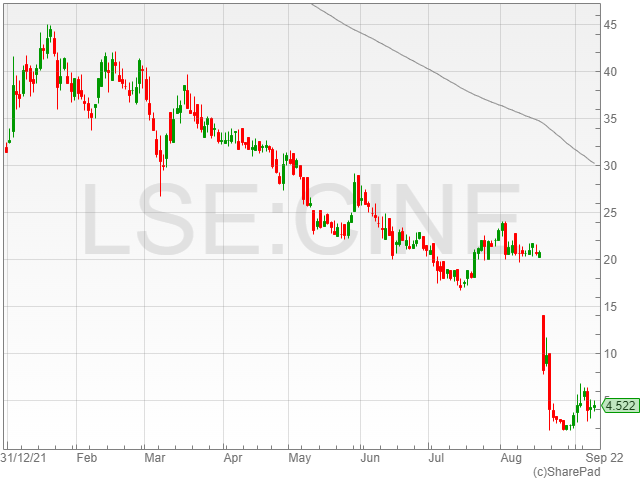Cineworld filed for chapter 11 bankruptcy cases in the US on Wednesday with approximately $1.94 billion in debtor-in-possession financing commitments to “facilitate a significant de-leveraging transaction and position [the] company for long-term growth.”
The announcement follows a difficult couple of years for the company, after two years of Covid lockdowns along with a failure to draw audiences back to cinemas atrophied its financial assets to breaking point.
“As a household name, Cineworld filing for bankruptcy in the US will put the whole UK entertainment industry on edge,” said Shakespeare Martineau partner and restructuring specialist Sean Moran.
“While not entirely surprising, given the challenges the business faces in the US, it certainly reflects the ongoing global aftermath of the Covid-19 pandemic across the globe.”
“The company’s operations are likely to be exacerbated by the magnitude of the cost of living crisis in the UK.”
The cinema franchise commenced chapter 11 proceedings in the United States Bankruptcy Court for the Southern District of Texas, and said it expected the restructuring process to “significantly” reduce its debt, as well as strengthen its balance sheet and liquidity position.
Cineworld confirmed the restructuring process would involve its UK, US and Jersey sectors, with other territories remaining unaffected.
The business said it expected to pursue a real estate optimisation strategy in the US, and plans to engage in discussions with US landlords to improve cinema lease terms in a move to further position Cineworld for long-term expansion.
“With the US business in Chapter 11, there is a risk that the UK business could enter a formal process in this country,” said Moran.
“Cineworld has a significant property portfolio across the UK and landlords will no doubt be concerned that they are about to lose a key tenant.”
“As a global business it is vital that any restructuring process is carefully synchronised to minimise losses to creditors and key stakeholders. Importantly, consideration must be given to the future of the UK staff, whose job roles could be at risk.”
The company added all cinemas would remain open to audiences, with operations to carry on uninterrupted.
“We have an incredible team across Cineworld laser focused on evolving our business to thrive during the comeback of the cinema industry,” said Cineworld CEO Mooky Greidinger.
“The pandemic was an incredibly difficult time for our business, with the enforced closure of cinemas and huge disruption to film schedules that has led us to this point.”
“This latest process is part of our ongoing efforts to strengthen our financial position and is in pursuit of a de-leveraging that will create a more resilient capital structure and effective business.”
Moran concluded: “As sad as it is to see any business struggle in this way, there are lessons to be learned, including the importance of debt restructuring and efficiently managing liabilities from previous transactions, especially in volatile economic times.”
Cineworld shares were up 4.4% to 4.4p in late morning trading on Thursday.

